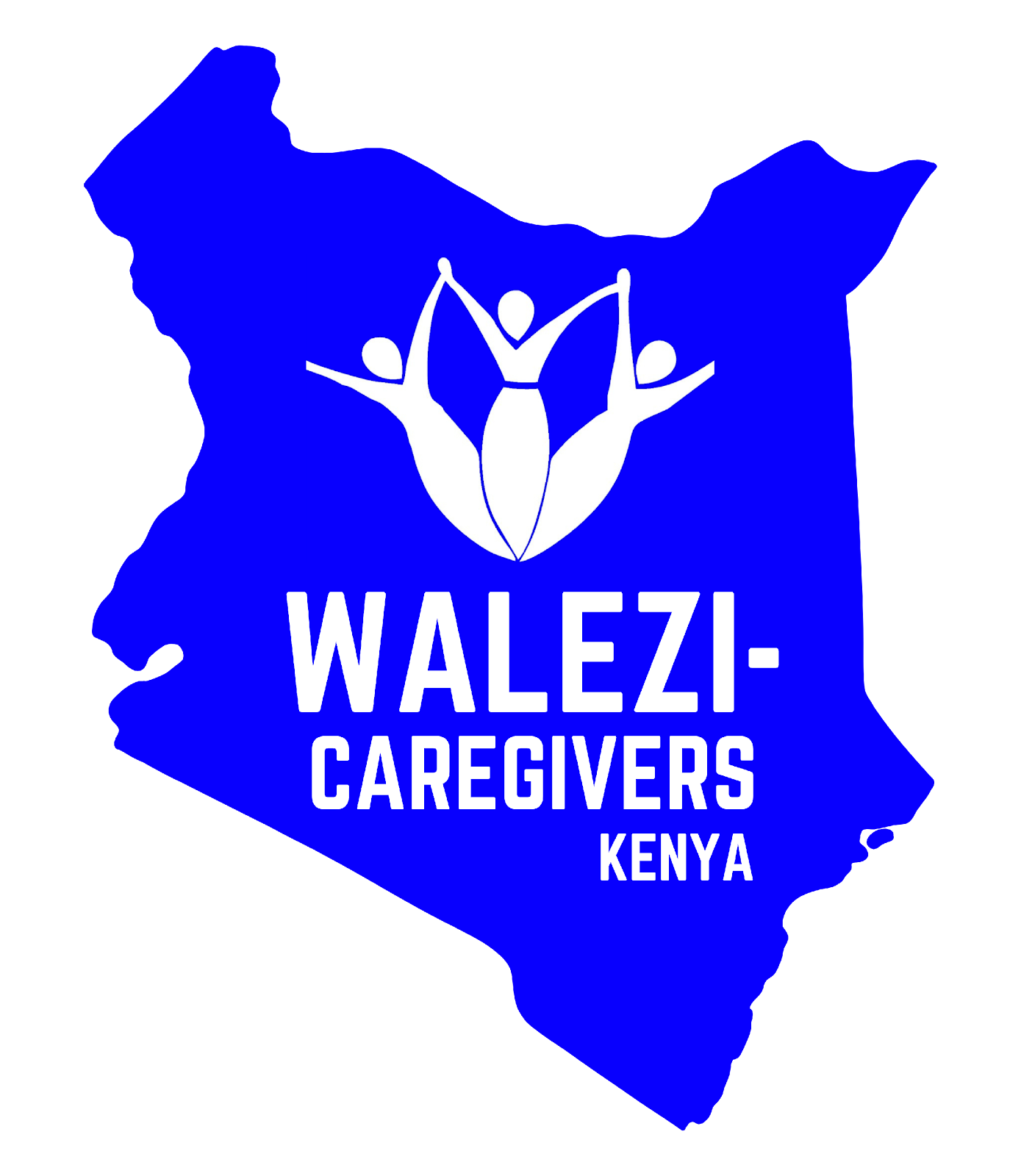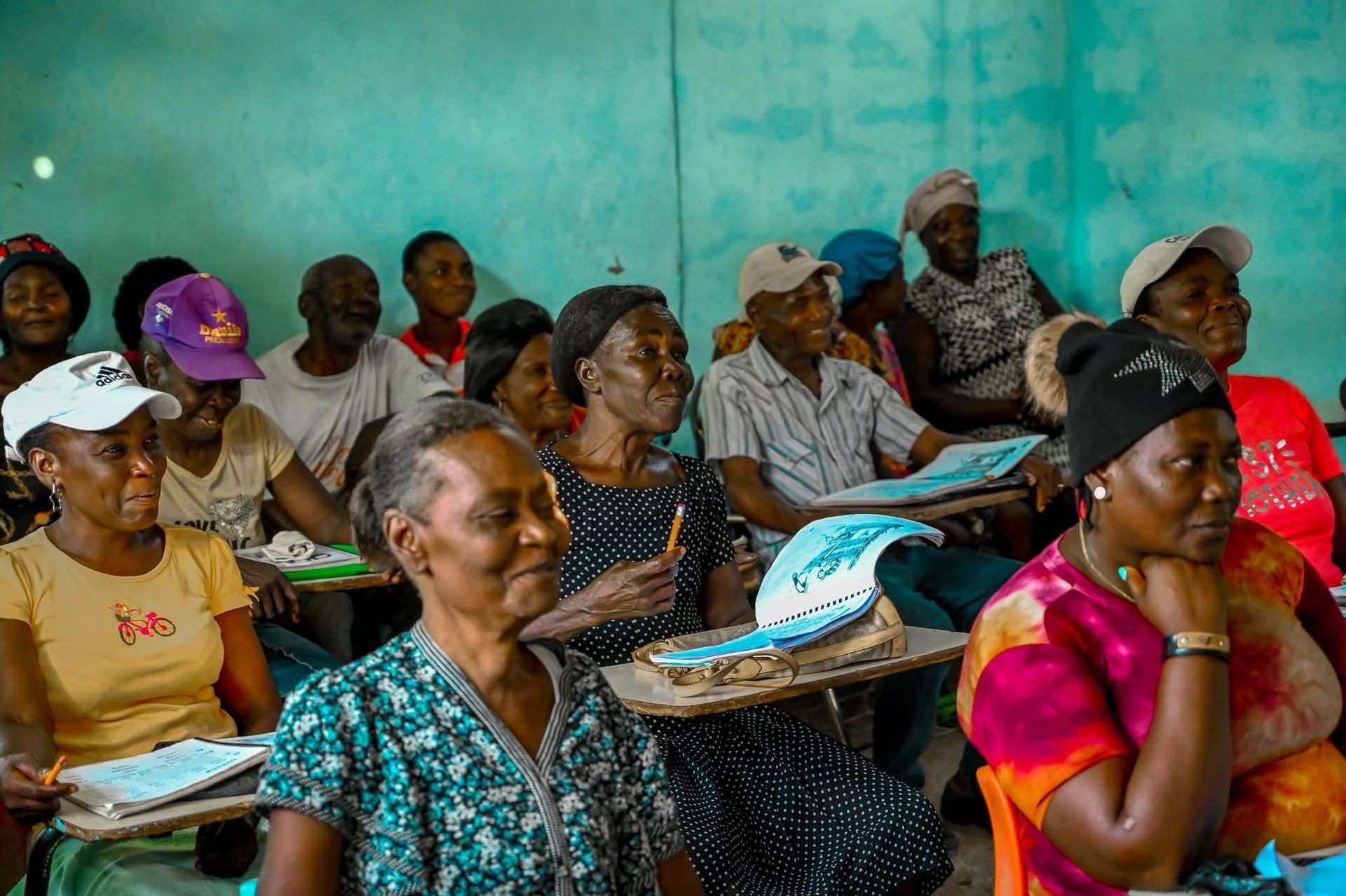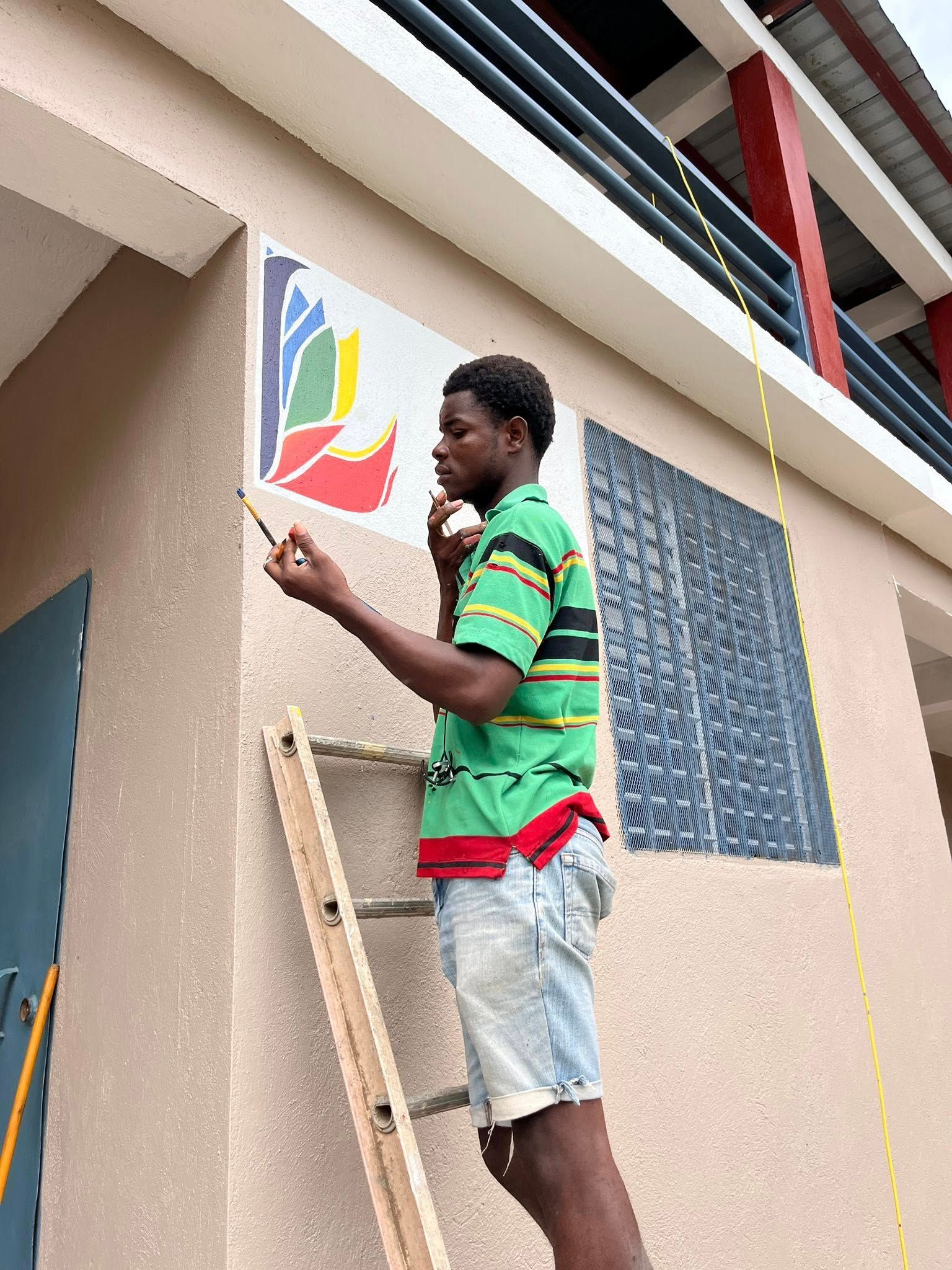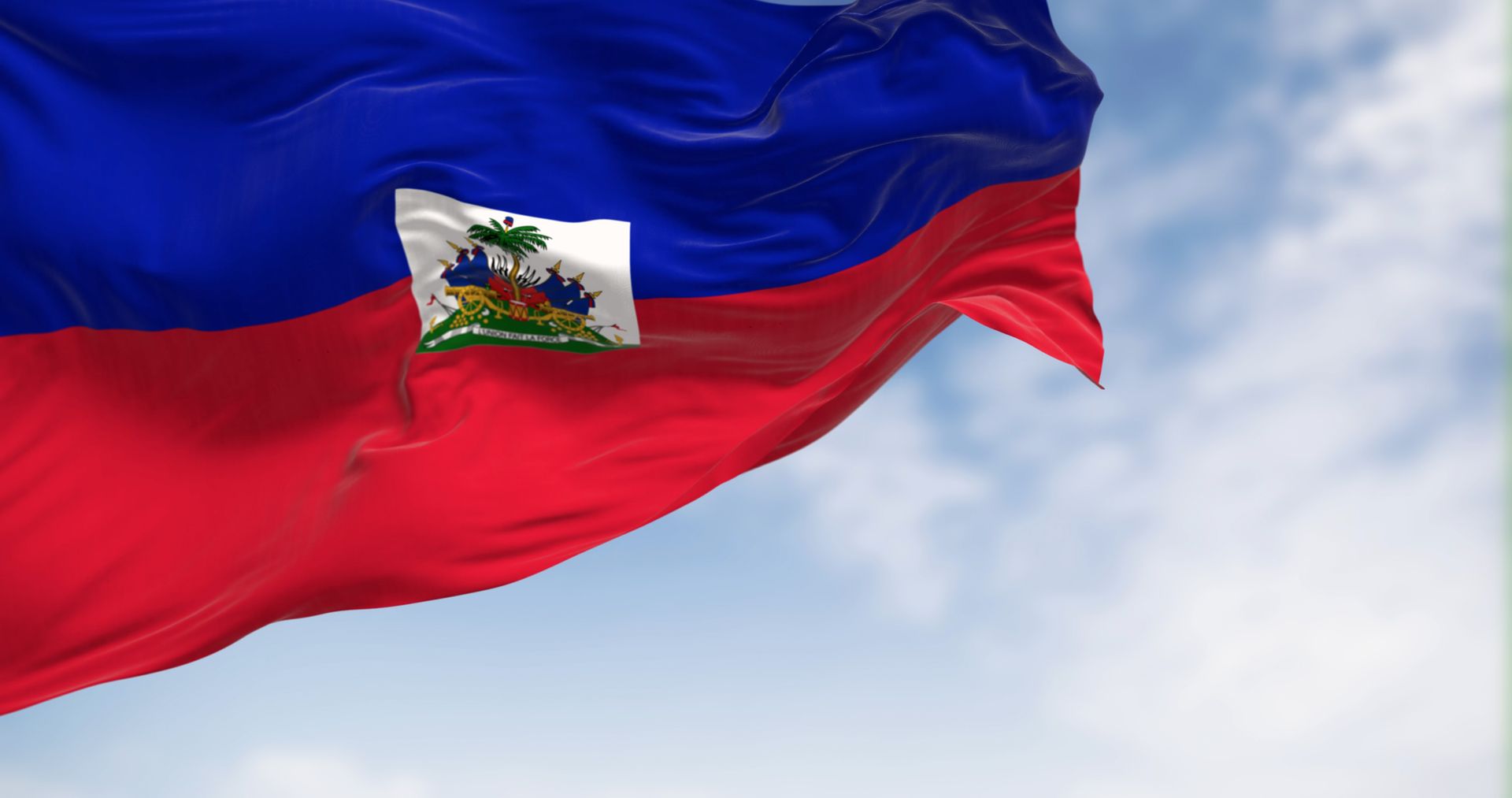Empowering caregivers of children with disabilities through self-help groups
Since 2015 we have developed and supported self-help groups for caregivers of children with disabilities in a rural part of Kenya. Currently we have 12 self-help groups with a membership of around 135. Through their participation in the self-help groups, the caregivers are empowered to take control of their lives by speaking up, supporting each other and acting to bring about positive changes.
An extension of university-based research and development, we registered our work on self-help groups with the UK Charity Commission in August 2023. Our in-country partner is Walezi Foundation- a non-government funded organisation. The aim is to further develop the potential of selfhelp groups in Kilifi County, one of the poorest areas in Kenya, and to grow the number of groups supported.
Long-term caregiving has been associated with fatigue, distress and poverty. Many feel helpless in the face of such challenges and very much alone. A combination of superstition, stigma and discrimination marginalises these families. Not only can these children be excluded from education, employment and contact with other villagers, the level of stigma is such that the caregiver’s shame may lead them to deny their child’s existence. This creates social isolation for both the caregiver and the child.
In the beginning we listened to what people told us about their lived experiences: “People at home have very little to do with the child. The child is lonely most of the time and there is little assistance from family members and the community.”
What do the self-help groups do?
The self-help group members meet regularly. They share their experiences as caregivers and provide support for each other. Our partner NGO – Walezi Foundation – visits all the groups at regular intervals. The caregivers are supported to talk about: their personal situation and consider ways to support each other in the group; the inclusion of persons with disabilities in home and community events; encouraging more positive attitudes towards disability in the community; the importance of accessing education and health services; and practical solutions to relieve the challenges faced by them all in everyday life. Working together they register formally as a self-help group with the Kenyan government department of Social Development and embark on livelihood activities to alleviate their financial challenges. Since 2023 we have provided start-up funds for capital projects to expand the financial capacity of each group. Some of the projects that have been started include: livestock rearing, hiring large tents and chairs for community events and building a water tower for storing and selling water.
Through this work we have shown that membership of a self-help group can bring about dramatic changes to the caregivers’ lives and those of their children with disabilities, including:
- development of essential skills for livelihood activities;
- growth in family income;
- increased social support;
- better access to health for all;
- more children with disabilities in education.
Over the next three years we aim to expand our coverage of community-based self-help groups in Kilifi County, Kenya and roll out our mentorship scheme across other African countries.
If you want to find out more about our work, please go to our website:
www.walezi-caregivers-kenya.org





